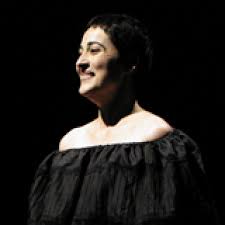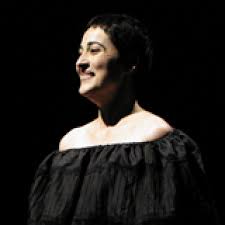The next Zoom conversation.
The next Zoom conversation will gather on Saturday February 24 from 3 to 4pm EST. The Zoom conversations have been great fun so far, and I hope everyone will feel welcome to try one or all of them. There is one per month, and we talk about issues in writing craft. They might include, “How do you…
Keep reading with a 7-day free trial
Subscribe to Everything is Personal to keep reading this post and get 7 days of free access to the full post archives.




